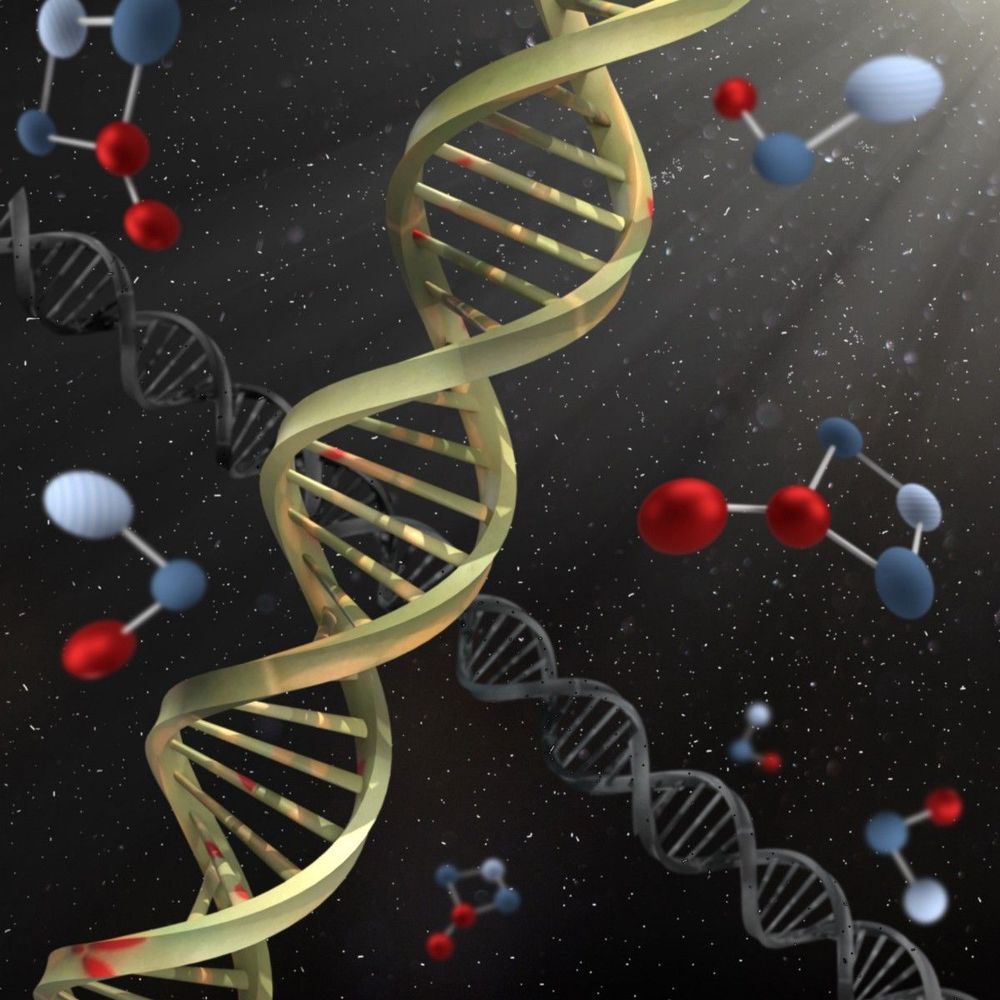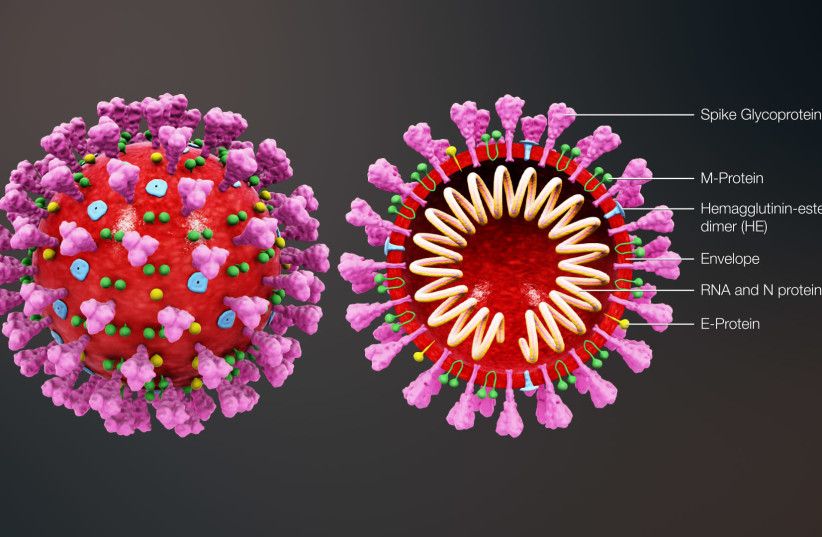April 19, 2020.
The sudden outbreak of the severe acute respiratory syndrome-coronavirus (SARS-CoV-2) has spread globally with more than 1,300,000 patients diagnosed and a death toll of 70,000. Current genomic survey data suggest that single nucleotide variants (SNVs) are abundant. However, no mutation has been directly linked with functional changes in viral pathogenicity. Here we report functional characterizations of 11 patient-derived viral isolates, all of which have at least one mutation. Importantly, these viral isolates show significant variation in cytopathic effects and viral load, up to 270-fold differences, when infecting Vero-E6 cells. We observed intrapersonal variation and 6 different mutations in the spike glycoprotein (S protein), including 2 different SNVs that led to the same missense mutation. Therefore, we provide direct evidence that the SARS-CoV-2 has acquired mutations capable of substantially changing its pathogenicity.
The authors have declared no competing interest.
Funding Statement
This work was supported by funds from Major Project of Zhejiang Provincial Science and Technology Department #2020C03123, National Science and Technology Major Project for the Control and Prevention of Major Infectious Diseases in China (2018ZX10711001, 2018ZX10102001, 2018ZX10302206), and start-up funds from Life Sciences Institute at Zhejiang University;








